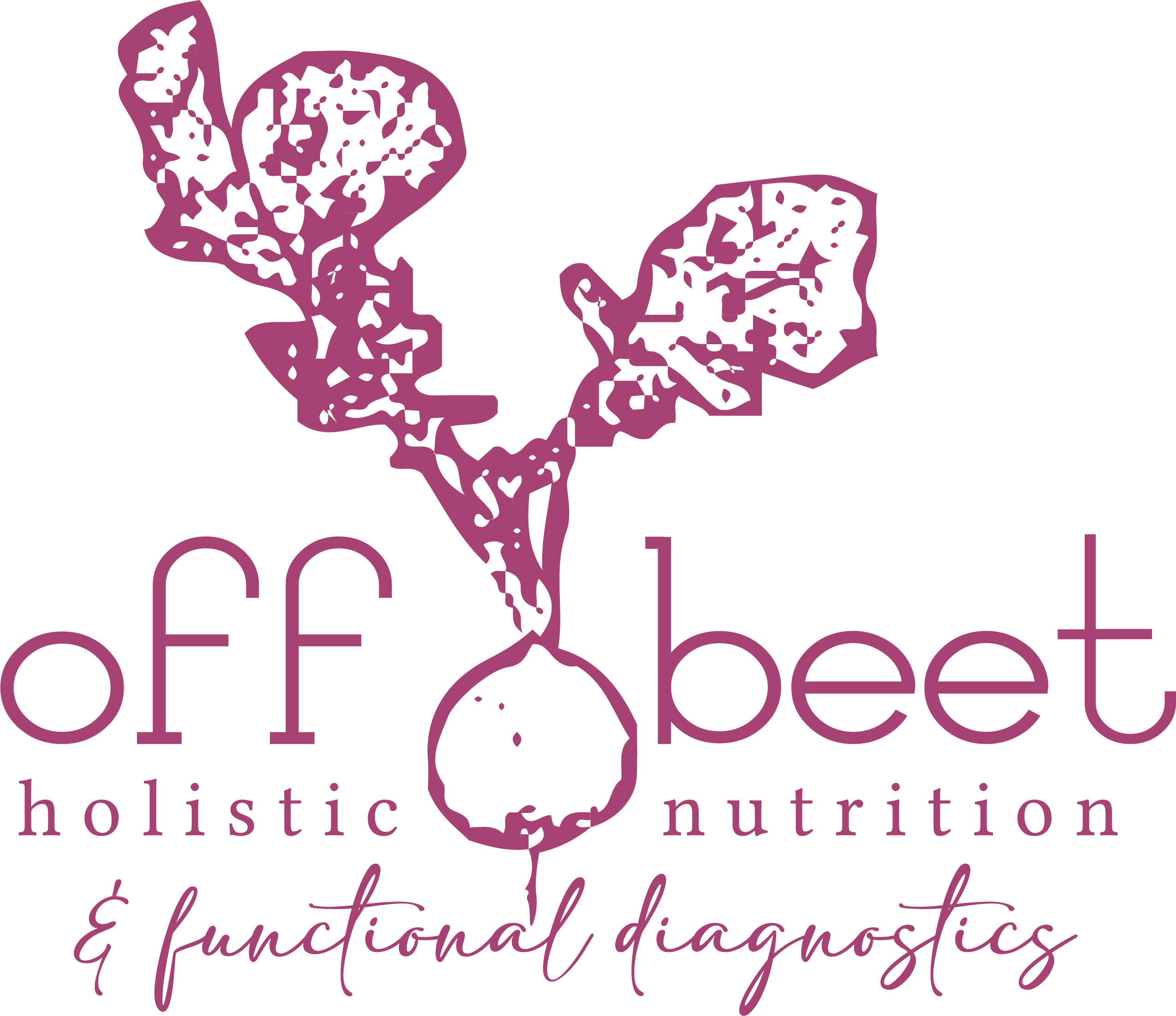What’s the deal with the MTHFR gene and How do I Get Enough Folate?: A Functional Medicine...
Should I be Afraid of Anti-Nutrients?
What are anti-nutrients? You may have heard this term circulating the internet, demonizing things like leafy green veggies, beans, lentils, nuts/seeds for their “anti-nutrient” components that affect dietary nutrient absorption. The truth is, these foods do contain compounds such as lectins, oxalates, phytates, tannins, and more that in some aspects could potentially interfere with absorption, specifically of iron and calcium. HOWEVER, if we stop there, we are missing out on the full story.
First of all, we can rest a little easier with the knowledge that cooking these foods drastically reduces or completely eliminates any risk from anti-nutrients. For example, in beans/lentils; “Although lectins are fairly resistant to enzymatic digestion in the gastrointestinal tract, they can be removed from foods by various processes (Table 2). For example, soaking, autoclaving, and boiling causes irreversible lectin denaturation. Additionally, fermentation over 72 h has been demonstrated to destroy almost all lectins in lentils (Lens culinaris) [26]. Phew!
However, if you’re still worried about the possibility of remaining anti-nutrients post-cooking or eating stems/leaves of plants raw, then we can look at the bigger picture of digestion/absorption.
It’s important to note that the research done on anti-nutrients may be missing out on a very big concept: In a recent study published by the National Library of Medicine, scientists point out that studying just one food’s effect on the body is nearly impossible due to the intricate way our bodies absorb and digest nutrients in the first place. It is stated, “Due to the diverse and complex interactions of vitamins, minerals and phytochemicals in a single food, health effects of a whole food, or combination of foods, will likely be significantly different than that of isolated compounds [10]. To complicate research even further, interaction of phytochemicals and microbiota within the intestinal environment could alter both bioavailability and biological effects [10,11]. For these reasons, elucidating the physiological effects of individual plant components obtained through dietary sources, composed of thousands of different compounds, is an implausible task.” Read more here: (https://www.ncbi.nlm.nih.gov/pmc/articles/PMC7600777/) .
Essentially, what this means is that our bodies are complex and depend on a diet diverse in vitamins/minerals, cofactors, fiber, and enzymes to help break down certain foods. If we just study lentils’ effect on the body in potentially altering iron absorption, without looking at how Vit. C (required from other foods) is necessary for iron absorption, we run the risk of blaming the lentils rather than blaming a diet lacking in diversity and vitamins/minerals.
The same goes for oxalates. Oxalates get a bad reputation for leading to kidney stones by altering calcium absorption. However, we must consider that calcium absorption and kidney stress is more greatly affected by a diet lacking in fiber and a body that is deficient in vitamin D. We also have found, that “Fat malabsorption, secondary to epithelial damage, may also contribute to excess calcium-fatty acid salts, in turn increasing the availability of soluble oxalate [71].” So overall liver/gallbladder/intestinal permeability is much more of a risk factor than a high oxalate diet.
What I find very interesting, is that that those who preach oxalates are the enemy are often those promoting the Keto or Carnivore diets, which are significantly higher in saturated fat, phosphorus (from red meat), and calcium (dairy), none of which promote diverse gut microbiota, contain diverse vitamins/minerals, or care for the health of liver/gallbladder/kidneys. Is it then the fault of the oxalate or the fault of a diet that is lacking adequate nutrition?
We can say the same thing about phytoestrogens, tannins, and phytates- a body that has lacked adequate nutrition, has terrible gut health, or runs off of stress hormones/caffeine is going to have much more of a negative impact from anti-nutrients than a body that can break down, digest, absorb, and eliminate efficiently out of a well-nourished state.
The danger in demonizing full categories of food, especially fruits, vegetables, beans/lentils, nuts/seeds is the risk of severe malnutrition that comes from diets lacking in the antioxidants, vitamins, and minerals found in these foods. We must remember that entire populations of the world, even those that have the longest longevity rates and lowest health concerns (such as studied by organization like the Blue Zones (https://www.bluezones.com/recipes/food-guidelines/) have lived off of these foods for centuries. Why are Americans now claiming these foods causes issues- is it that the Standard American diet has promoted bodies that are now incapable of digesting and breaking down plant foods?
Extensive research has been done on plant foods and their healing capacity, being rich in “essential amino acids, prebiotic fibers, vitamins, minerals as well as powerful antioxidant and anti-inflammatory compounds.”[46]. In recent studies, lentils were even demonstrated to “ identify cancer cells by their secretion of unusual glycan structures” and are now being utilized in anti-cancer diets and cancer treatment therapies. (https://www.ncbi.nlm.nih.gov/pmc/articles/PMC7600777/ We also look to plant-based diets rich in dark leafy greens, fruits/veggies, and legumes for weight management, healthy hormone balance, and even brain function. To remove these things from our diets would be to severely limit the body in nourishment and function.
Now, of course, if there is anything I’ve learned from Functional Nutrition and lab testing many clients, is that the same diet, macronutrient balance, and composition of nutrients will not work for everyone. It is always best to test, instead of guess, when determining what works for an individual’s body. However, a diet that is diverse and focused on balance and moderation has proven time and time again to be the least risky and most rewarding option for promoting an overall healthy body.
If this is interesting to you and you’d like more information on why we don’t have to fear food, would you let me know?
Always rooting for you!
-Allie

Curious about digging deeper into your own health?
Book a free 15 min phone call with me to see if functional nutrition is the right thing for you!
Always rooting for you!
- Allie CHN, FDN-P
Allie is a Functional Diagnostic Nutrition Practitioner located in Birmingham, Alabama. She helps women and men across the country online and in her hometown office dig deeper into their root health issues and find holistic healing!




